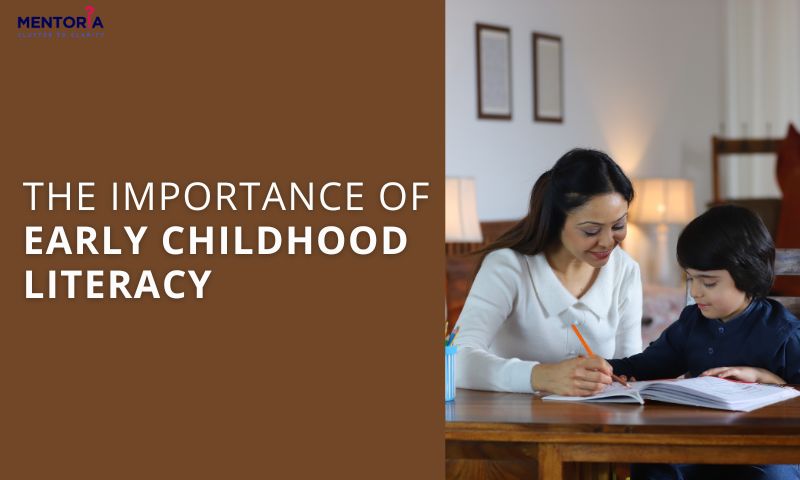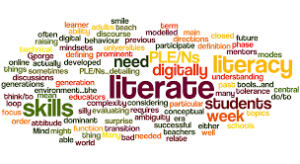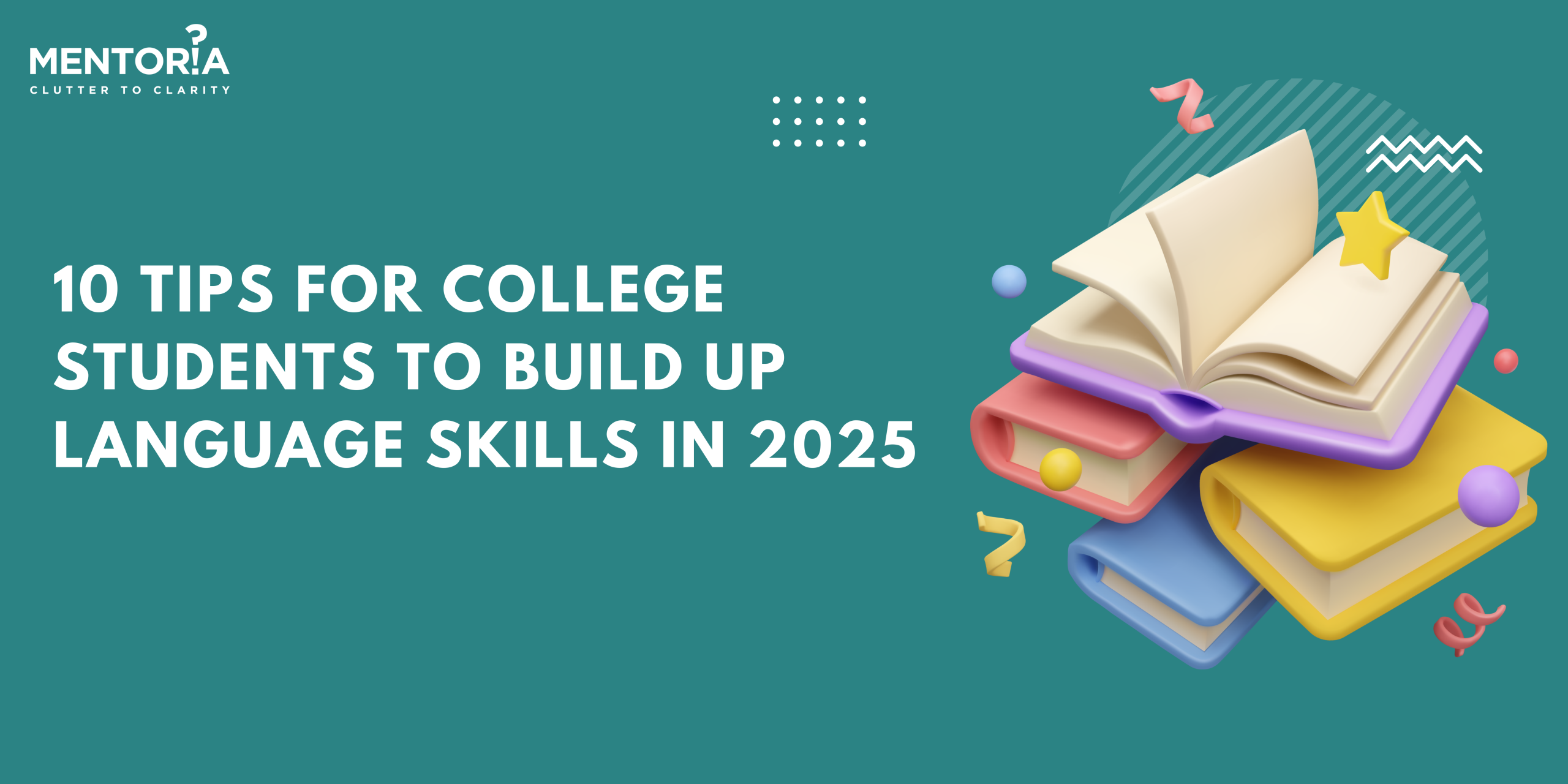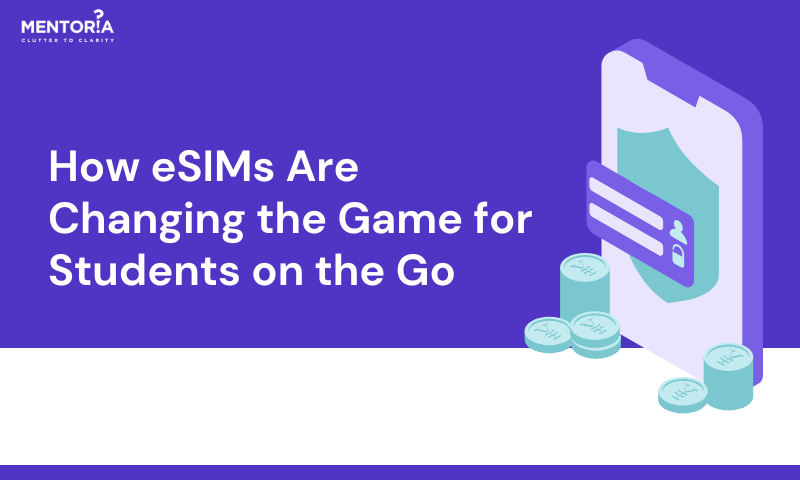The Importance of Early Childhood Literacy

Learning to read marks a monumental milestone in a child’s journey. Reading serves as the bedrock of learning, the cornerstone upon which a child’s academic journey is built. By the age of 10, every child should confidently navigate the world of letters and stories.
This ability to read isn’t just about understanding words on a page; it’s the key that unlocks a treasure trove of knowledge across subjects like maths, science, and the humanities. When a child struggles to read, it’s often a sign that our schooling systems might be falling short in nurturing a broader spectrum of learning.
Even before the upheaval caused by COVID-19, it was evident that many children worldwide weren’t mastering this foundational skill. Although most are in school, a significant number are missing out on these fundamental abilities. Shockingly, there are 260 million children not even attending school. This shortfall in learning jeopardises our collective pursuit of building human potential and achieving the Sustainable Development Goals. Without this crucial foundation in learning, students often struggle to thrive academically and professionally. They miss out on the chance to develop the vital skills needed to drive their careers and contribute to robust economies. Moreover, these skills are essential for them to become active, engaged citizens and foster healthy, prosperous families.
What’s more concerning is that when children lack these foundational literacy skills early on, it sets the stage for the perpetuation of poverty across generations. It’s a cycle we must break by ensuring every child has access to quality education and the opportunity to master these essential skills from the very start. In this blog, we will explore childhood literacy and how Early childhood literacy programmes help.
Why Early Childhood Literacy Programmes Matter
About 64% of children in low- and middle-income countries cannot read and understand a simple story at age 10. By investing in early childhood literacy programmes, we are not only building strong foundations for children’s education but also empowering them with invaluable skills. These programmes introduce kids to the enchanting world of words, equipping them with essential reading and writing abilities. Research highlights the significance of starting young, as children’s brains are highly receptive during their early years. By providing literacy programmes at this stage, we give children a head start on their educational journey, paving the way for future success. Moreover, these programmes act as confidence boosters, instilling a sense of self-esteem and enthusiasm for learning. They empower children to believe in their ability to conquer the world through words. Additionally, early literacy programmes play a vital role in narrowing achievement gaps, ensuring that every child, regardless of their background, has equal access to educational opportunities. By bridging these gaps, we create a more equitable society where education truly becomes the great equaliser.
The Impact of Learning Poverty
Globally, over 250 million children are affected by learning poverty. This means that they are unable to read and understand a simple text by the age of ten. Learning poverty doesn’t just impact a child’s present; it casts a long shadow over their future. It is estimated that around 50% of children in India are not achieving minimum proficiency levels in reading and maths, and approximately half of all children in the country are not completing primary education.
Learning poverty can have significant economic consequences, particularly in adulthood. When children are unable to access quality education, it limits their earning potential later in life. This perpetuates a cycle of poverty, not only affecting the individuals themselves but also the communities they belong to. Moreover, learning poverty is not just a personal issue; it has broader implications for societal development. The progress of a nation is intricately linked to the education of its citizens. When a large portion of the population suffers from learning poverty, it hampers the overall development of the country, perpetuating social inequalities and impeding economic growth.
Perhaps the most tragic aspect of learning poverty is the lost potential it represents. Every child possesses untapped talent and brilliance, but when they are denied access to quality education, their potential remains stifled. Countless promising minds go unnoticed and never get the opportunity to shine. However, early childhood literacy programmes have the power to unlock this hidden talent and unleash the potential that learning poverty often suppresses.
The Role of Literacy Programmes
Accessibility: Early childhood literacy programmes are designed to be accessible to all children, irrespective of their socioeconomic background, geographical location, or any other limiting factors. They aim to remove barriers to education by providing equal opportunities for every child. This means that even kids from underprivileged communities can benefit from these programmes, ensuring that no one is left behind in the quest for literacy. Exposure to less common, more sophisticated vocabulary (rare words) at home relates directly to children’s vocabulary acquisition. Rare words are those that go beyond the typical 8,500 most common words in the English language.
Tailored Learning: One size does not fit all when it comes to education, especially in the early years. Early childhood literacy programmes recognise this and offer tailored learning experiences for young learners. These programmes use a variety of interactive methods to make learning engaging and enjoyable. Whether it’s through colourful and captivating books, hands-on activities, or innovative technology, they ensure that education is not only effective but also fun. This tailored approach allows children to learn at their own pace, accommodating their unique needs and learning styles.
Community Building: Early childhood literacy programmes often extend their reach beyond the classroom. They actively involve parents, caregivers, and the broader community in the learning process. By engaging families in a child’s education, these programmes foster a sense of community support. Parents become partners in their child’s learning journey, creating a more holistic and supportive learning environment. This not only boosts the child’s educational experience but also strengthens family bonds and connects communities through a shared commitment to education. Children reared in families where parents provide rich language and literacy support do better in school than those who do not. Language Poor families are likely to use fewer different words in their everyday conversations and the language environment is more likely to be controlling and punitive.
Building a Love for Learning: One of the most remarkable aspects of early childhood literacy programmes is their ability to ignite a lifelong passion for learning. They instil a genuine love for reading, writing, and exploration in children. Through exciting and interactive activities, children discover the joy of learning, setting them on a path of continuous self-discovery and curiosity. When kids experience the thrill of solving puzzles, exploring new worlds through books, and expressing themselves through writing, they develop a profound appreciation for knowledge that stays with them throughout their lives. Shared book reading experiences have a special role in fostering early literacy development by building background knowledge about the world and concepts about books and print.
Long-term Impact: The influence of early childhood literacy programmes extends far beyond a child’s formative years. It’s a long-term investment in a child’s future. By providing a strong foundation in literacy, these programmes set children on a trajectory for lifelong learning. This foundation positively impacts their academic success, opening doors to a world of opportunities. As they grow into adults, individuals who have benefited from these programmes are more likely to excel academically, secure better career prospects, and lead fulfilling lives. Moreover, the benefits ripple through society, contributing to a more educated and empowered citizenship, which, in turn, fosters social development, economic growth, and reduced inequalities.
How ECLP Helps
Early Childhood Literacy Programmes are designed to enhance literacy skills in young children through various approaches. Key components include play-based learning, phonics instruction, vocabulary development, storytelling and reading aloud, interactive technology, professional development for educators, assessment and monitoring, community engagement, and parental involvement programmes. Play-based learning involves games, storytelling, and interactive activities to develop language skills, imagination, and cognitive abilities. Phonics instruction helps children decode words and lays the groundwork for reading fluency. Vocabulary development involves exposure to a rich and diverse vocabulary through books, conversations, and experiences. Storytelling and reading aloud foster a love for books and reading, improving listening skills, comprehension, and understanding of narrative structures. ECLPs can help reduce the need for special education placements later in school. A study by the National Institute for Child Health and Human Development found that children who participated in Head Start, an ECLP, were less likely to be placed in special education than children who did not participate.
Interactive technology, such as educational apps or software, is often used to support literacy development in a fun and engaging way. Professional development for educators ensures consistency and quality in teaching approaches. Assessment and monitoring help identify areas where children need additional support, tailoring interventions to meet individual learning needs. Community engagement with libraries and local organisations creates a supportive environment for children’s literacy development. Parental involvement programmes involve parents in their children’s learning journey through workshops, home activities, and guidance. These programmes are holistic, considering various aspects of a child’s development and creating an environment that nurtures language and literacy skills effectively during the crucial early years. ECLPs can help improve children’s vocabulary and language skills. A study by the National Early Literacy Assessment found that children who participated in ECLPs had a larger vocabulary and stronger language skills than children who did not participate.
The Path Forward
There are several ways to address learning poverty and support early childhood literacy programmes. One way is to volunteer your time with organisations and schools that are in need of assistance with literacy programmes. By dedicating your time, you can have a positive impact on a child’s life. Additionally, advocating for the importance of early childhood literacy programmes in your community is crucial. Encourage local leaders and policymakers to allocate resources to support these initiatives. If possible, consider donating books, educational materials, or funds to organisations that are dedicated to improving childhood literacy. Lastly, being a role model by incorporating reading and writing into your own life can inspire those around you, especially children. Show the joy and value of literacy through your actions.
Early childhood literacy programmes are the key to addressing learning poverty. They offer a lifeline to children who might otherwise be left behind, helping them build strong foundations, gain confidence, and unlock their full potential. We all have a part to play in this mission. Together, we can ensure that every child has the opportunity to read, learn, and dream, breaking free from the shackles of learning poverty and embracing a brighter future.
Enhancing Education With Mentoria
Early childhood literacy programmes are a wise investment for individuals, families, and society as a whole. They provide children with the skills and knowledge they need to succeed in school and in life. Mentoria can help students build the skills and knowledge they need to succeed in their careers. They can provide guidance on how to use specific software programmes, learn new skills, and stay up-to-date on industry trends. Our mentoring programmes are affordably priced, making them accessible to students and professionals of all income levels.









